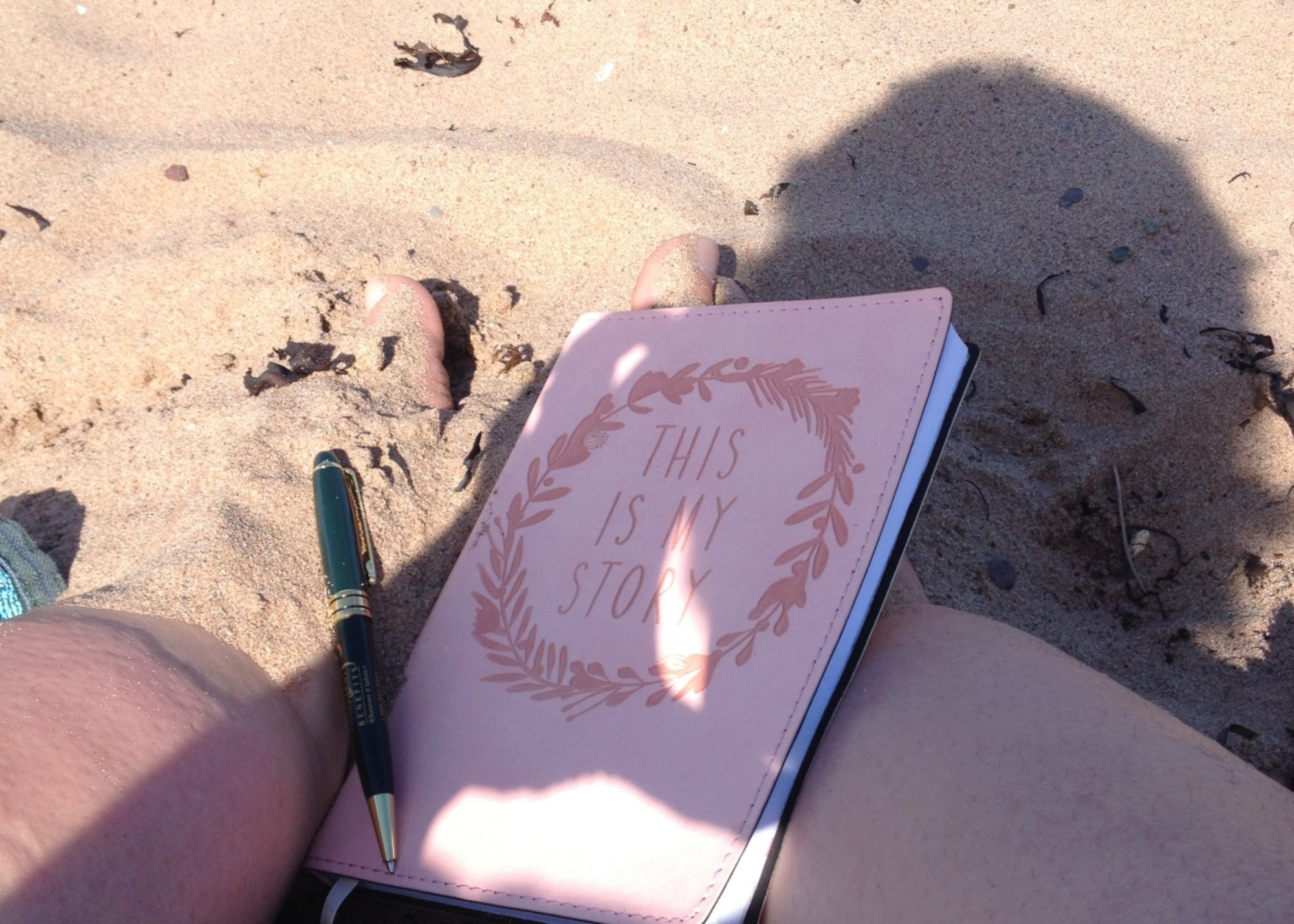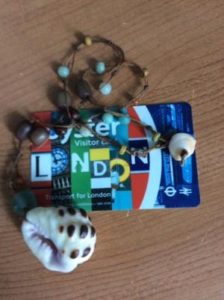
If you let out that breath you would change the world.
A professor said this to my son, but he could have been talking to me. Maybe to you, too. As a writer I spend a lot of time managing the swirling thoughts and phrases in my head but struggle to get them on paper. I work with fellow writers who long to hold their story in a manuscript but feel like they’re drowning. I know the feeling well.
So what can we do? Whether you are writing, composing, developing a business plan or envisioning a new organization, here are five steps to release your creativity you can start right now:
- Breathe. This is no joke. That drowning feeling comes from holding your breath unaware. We hold our breath for many reasons: to keep quiet, to hold back, to tune out, to forget that we are made to shine instead of hide. I held my breath for most of my life. Still do when I lose myself in the chaos of old habits. My first conversation with astute women called me on this simple yet crucial point. You didn’t breathe the entire weekend, one participant later confided in me. Breath held can shut us down in an instant. Breath released is the flow we seek.
- Own that the world will be better with what you create. Our minds race with stories that keep us quiet. There are lots of people doing this better than me. Is my story any good, anyway? What I do doesn’t really matter. I don’t really matter. In the grip of these thoughts and beliefs, there is no right or wrong, only choice. Do you choose to be that person who believes the talent they have is of no use to anyone? Or do you choose to listen to that tiny voice inside that tells you to pick up your pen or brush or guitar and give substance to the light you carry?
- Break the Cycle. My son is a trumpet player, is young and healthy, and is doing what he loves: playing music and studying to be a teacher. But he’s struggling with endurance. As beautifully as he plays, he can only maintain his strength for half the time he needs to complete his first solo recital. His professor, observing his rehearsal, heard the majestic flow of notes … and saw zero flow of air. My son is literally playing against himself, taking in sufficient breath to fuel his creation then fighting against each note he releases. That’s so me, he sighs. No, my son, that is so your family tree, twisted with pain and blocks from ancestors and experiences long before he or I were born. Bodies have long and intense memories that can manifest in tension, aches or illness. We may never know the exact episode or moment that caused the original block, but we can be mindful moving forward to not let past hurts be our current reality. What we can choose for certain: we are worth it and will learn, practice, and be open to what it takes to do what we feel called to create.
- Invite and Nurture your Team. Alone, there is no one to challenge our swirling thoughts or hold a lantern to the way out. Inviting and allowing people into your life who support you through shared beliefs and journeys, challenge you because they know and care, enjoy a good time and stay calm in the storms can help your creative flow as the tide nurtures the ocean: you receive what you need and give what you can. Like my son and his professor. Like he and I sharing our stories with each other. Like you and I right now.
- Allow space to create. A river is a pond if it has nowhere to travel, and it soon dries out if there is no source of new water. From a distance a river may not seem to do much, but it is feeding, touching and supporting more forms of life than we can imagine. Our own creativity needs the same space, sources and respect as a river to keep flowing, feeding and supporting, whether for work, income, joy, goals, enjoyment, curiosity, connections or no conscious reason at all.
Fame, fortune, praise, promotion, or a quiet night immersed in pure contentment: it all begins with a single breath. Take one now, gently in, then release. You’re on your way.
Jennifer Hatt is a professional writer, publisher and author of the Finding Maria series.

https://www.retreatinhawaii.com/writing-retreat






